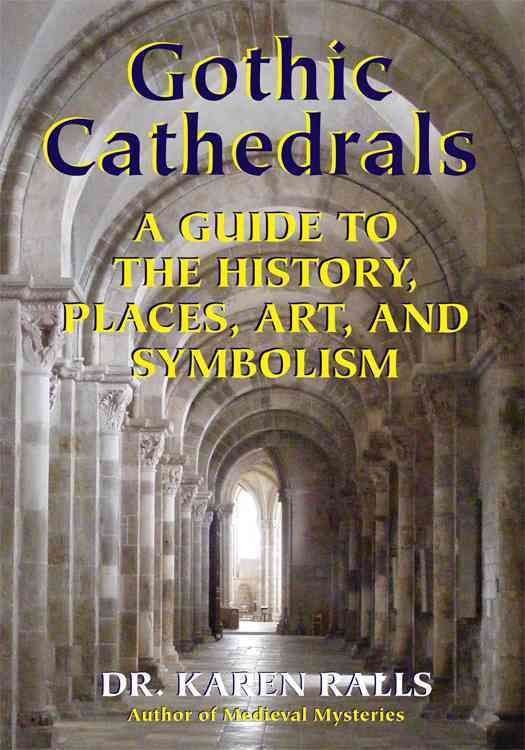Textbooks are crucial in shaping today’s global and diverse world. They can contribute to making it both ‘better’ and more ‘intercultural’, but also, on occasion, create limited and biased ideas about the ‘Other’. This collected volume undertakes multidisciplinary research into textbooks, taking one of the best education systems in the world - Finland - as an example. The authors investigate the issue of diversities in textbooks from multiple perspectives, disciplines, school levels and content areas. Together, the chapters provide examples of hidden ideologies, (neo-)stereotyping and othering when looking beneath the surface of texts and illustrations. The authors also present concrete tools that can be used for analysing diversities and interculturality in textbooks. In addition, the chapters will serve to develop teachers’ and students’ abilities to encounter diversities and similarities in ways that enhance their sensitivity, self-reflexivity and criticality. This volume will be of interest for students in educational sciences; pre-service teachers and in-service teachers of various school subjects; teacher educators; and researchers in the areas of subject didactics, multicultural and intercultural education, language education, educational leadership, curriculum, and policy.Forewords and Commentary by Jari Lavonen, Karen Risager, Adrian Holliday and Julie S. Byrd Clark.












